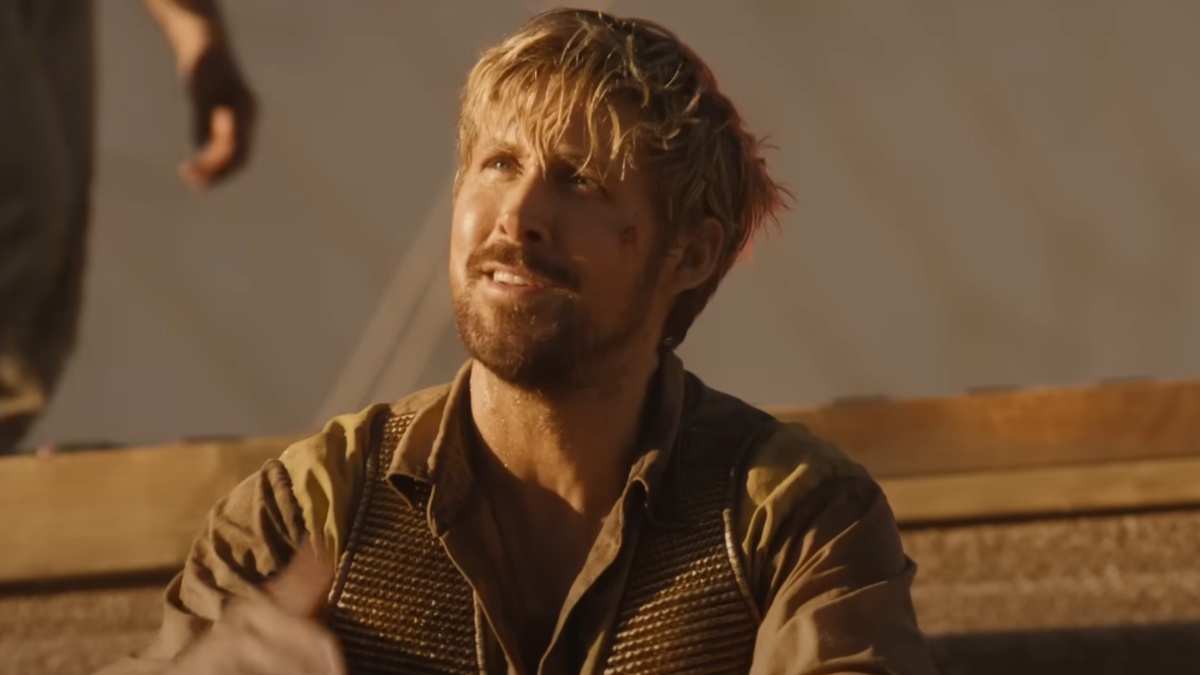 I am certainly not the first would-be wit to compare the internet to the Wild West, and I am under no illusion that I will be the last. I will, however, continue to perpetrate this analogy because the comparison is so apt as to seem ready-made; both are (or started out as) a wide-open spaces with seemingly limitless possibilities for starters, and both have their share of lawless jackasses.
I am certainly not the first would-be wit to compare the internet to the Wild West, and I am under no illusion that I will be the last. I will, however, continue to perpetrate this analogy because the comparison is so apt as to seem ready-made; both are (or started out as) a wide-open spaces with seemingly limitless possibilities for starters, and both have their share of lawless jackasses.
They both have a similar developmental pattern. Westward expansion in the United States started out strong, then lagged a bit during our Civil War, only to pick up again immediately after (once a good number of military men suddenly had nothing better to do than “tame” the frontier). But during the lull some truly remarkable stories unfolded, some true, some false, and we’ve been retelling them ever since. They are a part of our history, and our own unique, American mythology.
One of these stories is that of the lone lawman, challenged by an unjust foe, alone and facing impossible odds. This story has been told and retold, but the most compelling version is the movie High Noon, starring Gary Cooper as Marshall Will Kane.
Kane, having spent his life taming his portion of the Wild West is set to retire when he learns of the return of a man he sent away to jail; a very bad man who’s returning for one reason: to kill Marshall Kane. At high noon. The clock begins ticking.
Kane attempts to enlist his peaceful townsfolk to his aide, but in spite of the good he’s done for them, in spite of the loyalty he’s shown, they want no part in his murderous business. So long as Miller is coming for Kane, and not them, they’re quite OK with staying out of it. The clock ticks away and they counsel him to run away, confident that the danger will pass once he’s gone.
Marshall Kane, unable to turn the other cheek, unable to convince other to join his fight, finds himself alone. The clock keeps ticking.
On the internet, the modern Wild West, the timeline, perhaps even the challenges are similar. Around the turn of the century, as internet expansion was just getting into high-gear, our politicians and our money men suddenly found themselves occupied with other affairs, and the taming of the digital frontier was put somewhat on the back burner. We’re now looking at what could be another bubble, but more likely is simply the return of lots of people with money to that strange thing we’ve all been raving about for over a decade.
Along with their attention (and money) they’ve brought some rather strange ideas. They’re coming into our (our!) space and insisting on things like standards and practices. Really, it’s enough to make you want to grab a bottle of whiskey and shoot up the town.
Should bloggers adhere to (or establish) some code of ethical standards and practices? Should we, the great unwashed mass of content creators cease linking to, and outright lifting copyright-protected media? Personally, I believe that both would be great advancements of the cause. We would no longer link to “some post by some guy on some forum” as a credible source, we would no longer read multiple versions of the same summary of the same press release on a dozen sites, and the general quality of writing on the internet would, I think go up. It’s never going to happen though.
Instead, I think you’ll see the divide between “professional” blogs and those run by enthusiasts and rank amateurs grow. Some will accept, adopt or create standards and some will not. And those who don’t will not receive the blessings of the money men, will not be annexed in to the Union and will remain lawless until they are wiped out or put on reservations.
The clock keeps ticking. The only question is which side you’re on, and what you’re willing to do about it.
Jakob Neilsen’s Alertbox highlighted an interesting participation inequality phenomenon recently. He estimates that most online forums and internet communities hover at around a 1-10% participation rate. Meaning that about 90% of those who visit a site lurk, or refuse to participate for one reason or another. He goes on to suggest that of that 10%, only 1% are “actively” participating, posting every day or more.
That’s for community sites. For blogs, the news is worse. Nielsen estimates that only a fraction of a percent of total internet users blog regularly, and participate in the much-vaunted “user-created” phenomena such as Wikipedia. What this indicates is what I’be long suspected: Web 2.0 is a fraud.
Yes, anyone can participate, but not everyone does. In fact, very few do, and those numbers approximate the same numbers you see in “non-participatory” media. Except with blogs and the like, we’re substituting inexperienced, unprincipled amateurs for trained professionals. I’m not sure if I like that trend. Do you? What good is the possibility of mass participation if nobody uses it? The parallel with modern democracy is alarming, but even America’s apathetic voters still turn out at an average of about 30%.
Then again, as Slate points out today, even the trained professionals sometimes make mistakes. Thankfully the internet is here to allow a fraction of a percent of total users to highlight them.



Published: Dec 5, 2006 01:25 pm